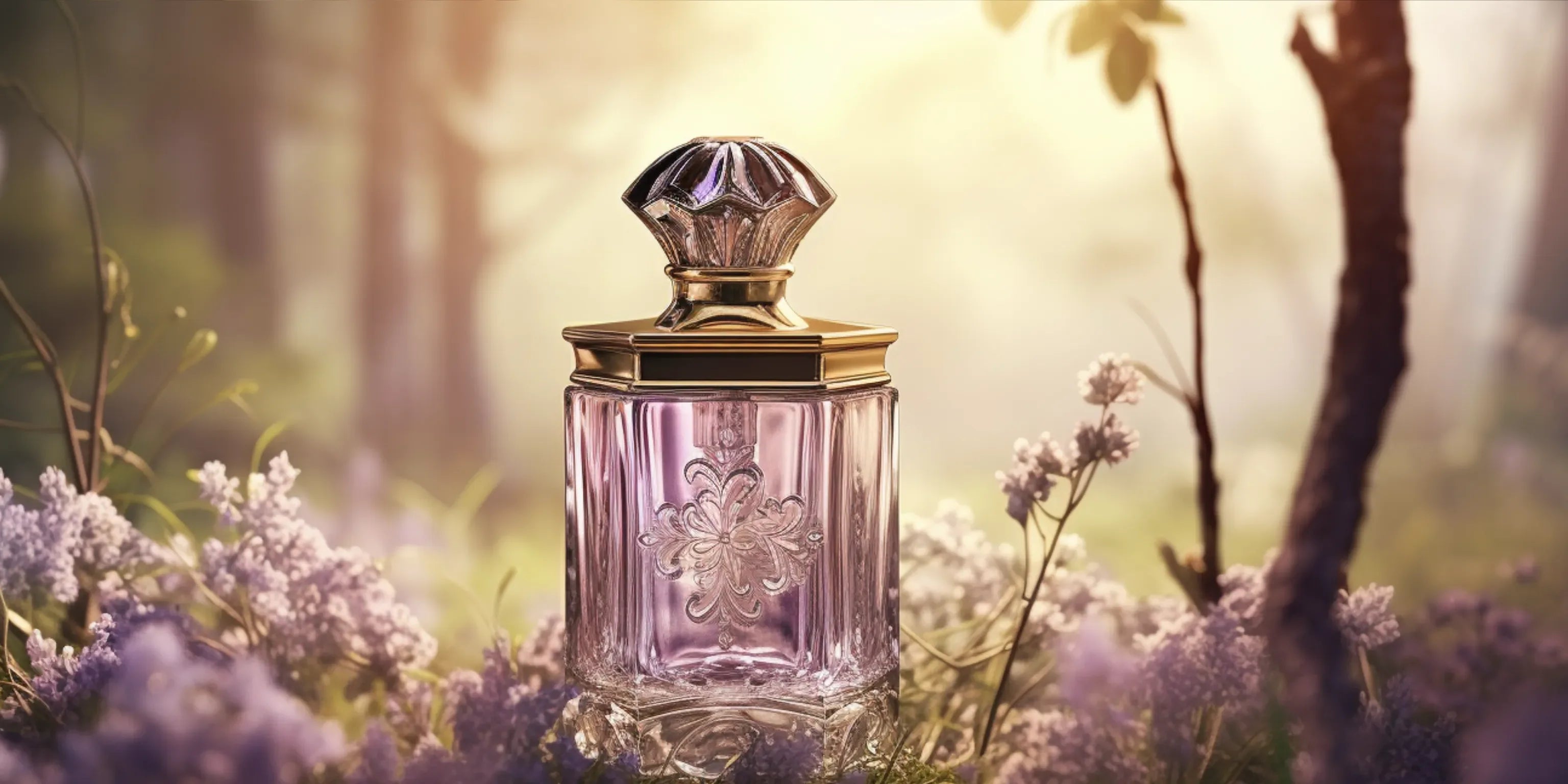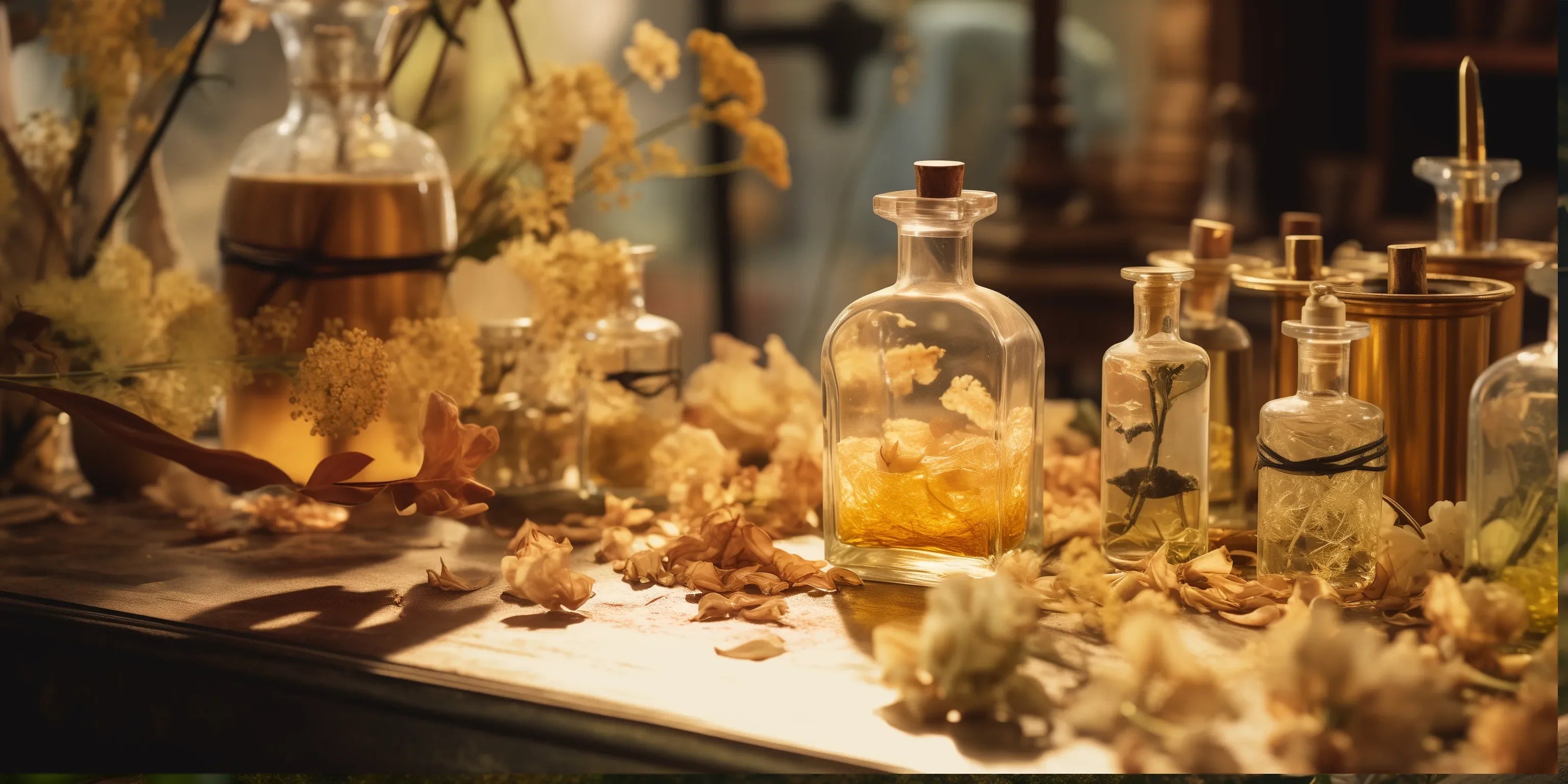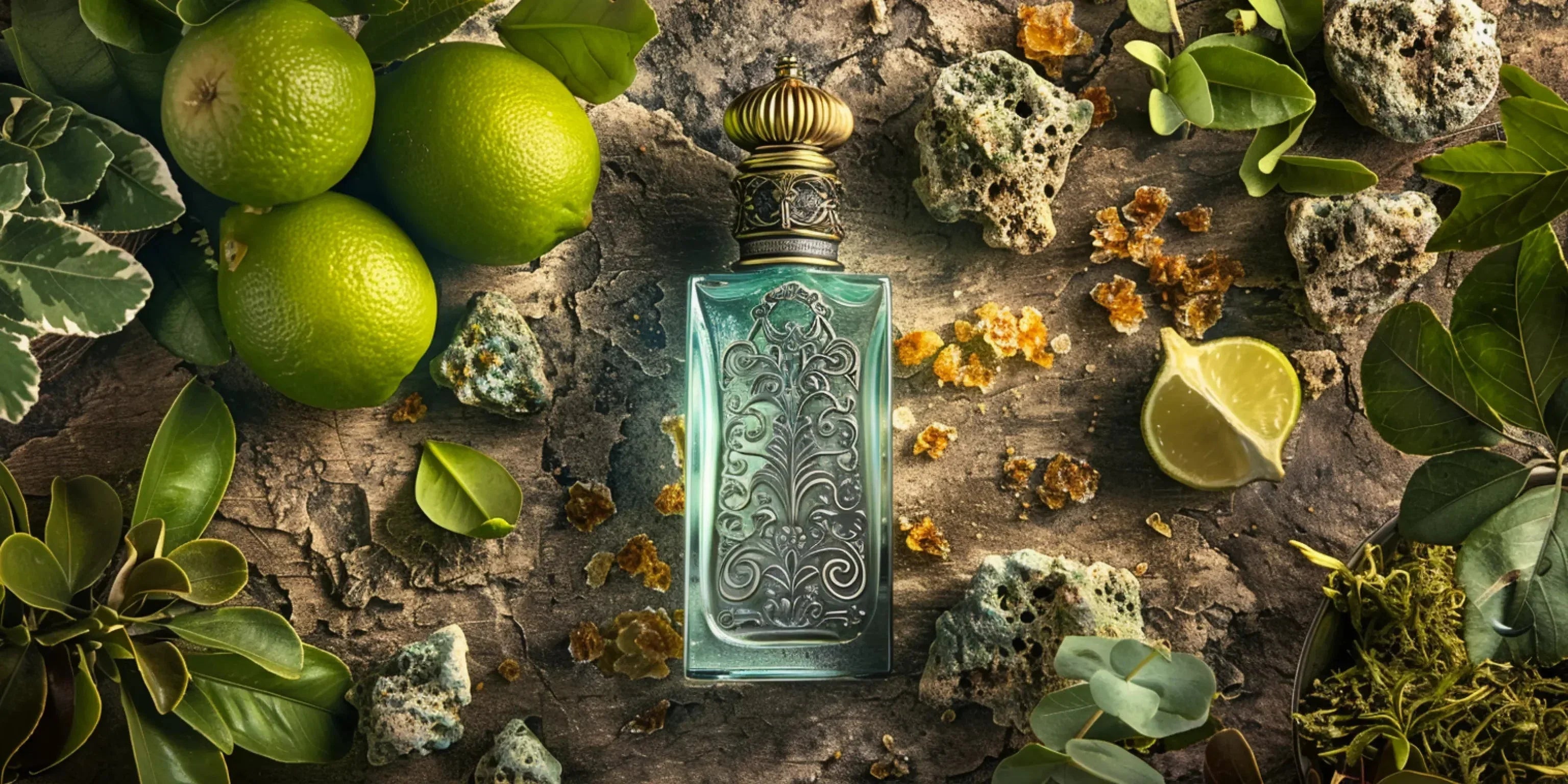
Fougère Perfumes: Freshness, Structure & Timeless Style
What Are Fougère Perfumes?
Fougère perfumes are one of the most classic fragrance families, representing freshness, cleanliness, and timeless elegance. The word "Fougère" is French for "fern." While fern itself has little to no scent in nature, the name was chosen as a metaphor for green, fresh, and clean fragrance compositions.
Origin: Fougère Royale and the Birth of a Family
The Fougère family was born in 1882 with the creation of Fougère Royale by perfumer Paul Parquet for the French house Houbigant. This composition was groundbreaking—not only for its name but also for its innovative structure, which has inspired countless perfumes ever since.
Typical Structure of a Fougère Perfume
A classic Fougère is built around a distinctive combination of aromatic ingredients:
- Lavender: The defining top note – fresh, clean, and aromatic
- Bergamot: Citrusy and bright with a subtle bitterness
- Geranium: Green and floral with a rosy depth
- Coumarin: A soft, hay-like note from tonka bean
- Oakmoss: Earthy and mossy, adding depth and character
This structure creates a dynamic blend of invigorating freshness, floral lightness, and a warm, aromatic base. Fougère accords feel clean yet vibrant—which is why they’ve long been a cornerstone of men's perfumery.
A Men’s Fragrance—Originally Meant for Women
Fougère Royale was initially designed as a women’s perfume. But its fresh, clean character soon captivated men as well. In the early 20th century, the Fougère structure became a staple in aftershaves and barbershop products—eventually becoming a symbol of well-groomed masculinity.
The Evolution of Fougère Style
During the 1960s, the classic Fougère style evolved: fresh, clean bases were enriched with warm notes like amber and subtle florals. Over the following decades, many iconic Fougère creations emerged—modernizing the original accord with sweet elements like vanilla or cinnamon, soft musks, spicy herbs, or leathery nuances. These perfumes shaped the masculine fragrance identity for generations and remain foundational to the aromatic-woody category today.
Modern Fougère Compositions
While traditional Fougères emphasize clarity and structure, modern interpretations lean into warmth, depth, and sensuality. Woody notes, amber, leather, and sweet nuances like tonka bean or coconut give today's Fougère perfumes more body and complexity.
Today’s Fougère fragrances are more versatile than ever: from classic elegance to modern seduction—and no longer just for men. The Fougère accord now appears in unisex and even women’s perfumes with creative twists.
Conclusion: Fougère – Timeless Yet Evolving
Fougère perfumes stand for refined elegance and distinctive freshness. Their classic structure offers balance, while modern adaptations add richness and depth. Whether traditional or reinvented, the Fougère family remains a cornerstone of perfumery—continuing to captivate fragrance lovers worldwide.


